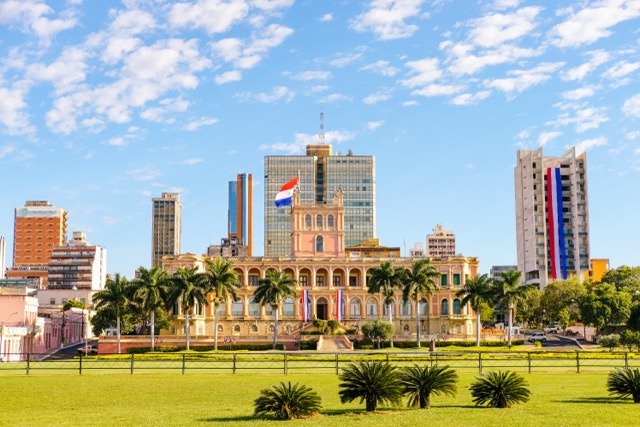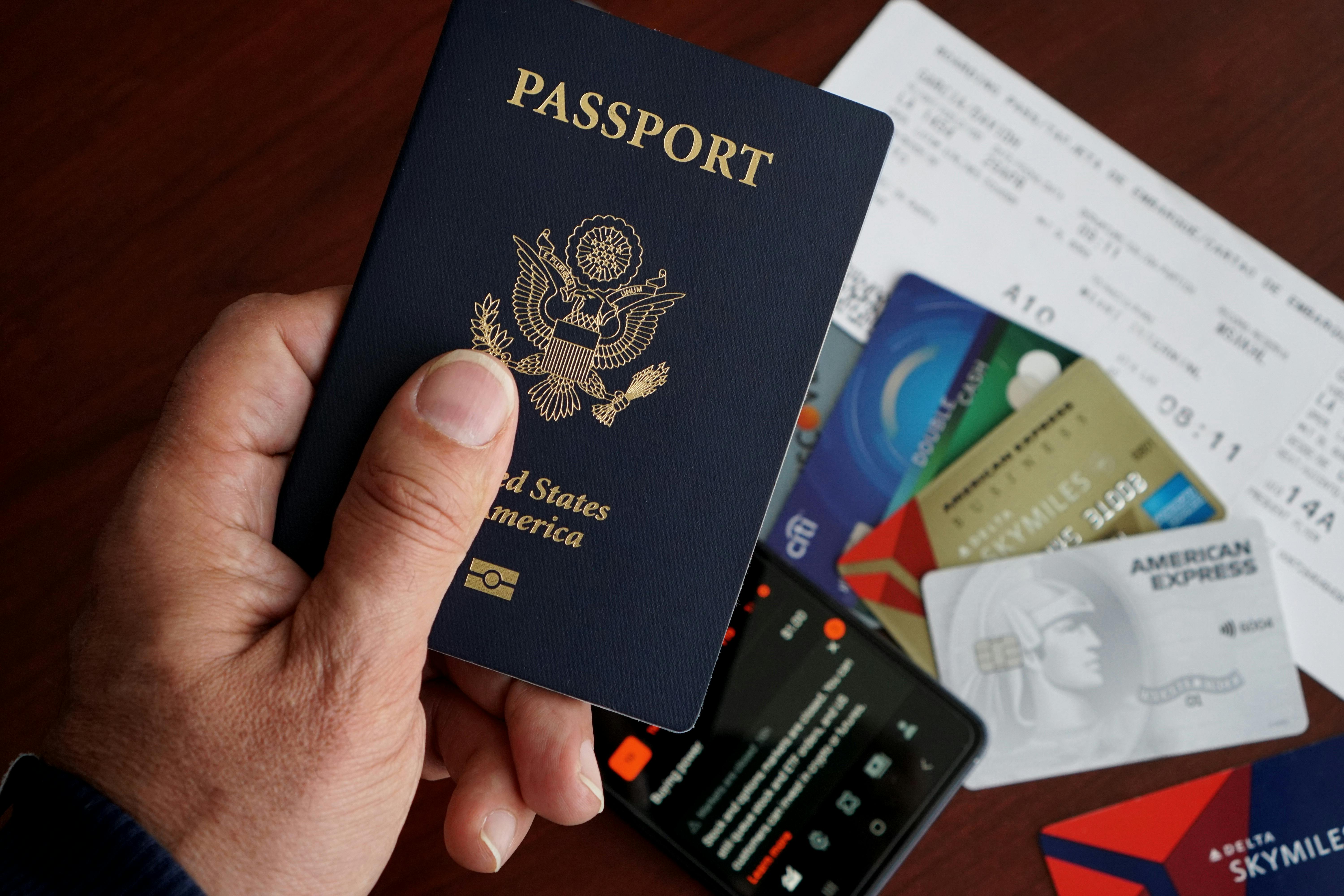Can You Get Your Investment Back After Getting a Golden Visa?
Introduction: What Happens to Your Capital After Residency?
If you're considering a golden visa, you're probably not only thinking about residency or citizenship—you're thinking about capital preservation. A second residency or passport is a powerful asset, but for most of our clients, a natural question arises early in the process:
Will I be able to get my investment back?
The answer depends entirely on where you invest and how. Some golden visa programs are built around recoverable assets, like real estate or private equity funds. Others involve non-refundable contributions. Below, we walk you through the key investor destinations in 2025—Portugal, Greece, Italy, Malta, and the United States—and help you understand what’s refundable, what’s not, and what to watch for.
Portugal: New Rules, Stricter Presence, Same Long-Term Potential
Portugal’s golden visa program used to be the most flexible in Europe. But major reforms in 2023, and new residency enforcement updates in 2025, have changed the equation.
You can no longer invest in real estate or transfer capital to a bank account to qualify. Instead, qualifying investments now include:
- €500,000 into approved private equity or venture capital funds
- €500,000 in scientific research, or
- €250,000 in cultural preservation
These fund investments are structured to return capital after 6–8 years, depending on performance. So yes—you can get your investment back. But you are subject to market risk, exit timelines, and performance metrics set by the fund manager.
As of early 2025, Portugal has also tightened its residency enforcement. While the program still technically requires an average of 7 days per year, there is now stricter scrutiny on whether applicants are actively maintaining a "real and effective connection" to Portugal. That could mean more consistent visits, property leases, or other lifestyle indicators—even for fund investors.
For those who are committed to spending meaningful time in the country and want access to eventual EU citizenship, Portugal remains one of the best options in Europe—just no longer the most passive.
Read more in our full Portugal Golden Visa Guide
Greece: Property-Based and Straightforward
Greece remains one of the simplest and most property-friendly golden visa programs available in 2025. Investors can purchase real estate worth at least €250,000 in most areas or €500,000 in high-demand zones (Athens, Thessaloniki, Mykonos, Santorini).
The property is yours to manage, rent, or sell—so yes, this is a fully recoverable investment, as long as the property market holds up. You must retain ownership to maintain your residency permit, but once you’ve fulfilled the residency requirements and obtained permanent status or citizenship, you’re free to exit.
Importantly, Greece has no physical stay requirement, which still makes it attractive for globally mobile investors who want a European foothold without relocation.
Italy: Flexible Residency, Strong Lifestyle Upside
Italy’s Investor Visa for Italy (IVI) program is gaining attention in 2025, especially among entrepreneurs and families interested in long-term EU access with cultural depth.
Qualifying investments include:
- €250,000 into an innovative Italian startup
- €500,000 into a shareholding Italian company
- €2 million in government bonds, or
- €1 million donation to a public interest project
The most popular options are startup and corporate investments, which are potentially recoverable—though, as with any private equity placement, returns are not guaranteed. The government bond option offers full capital return at maturity (typically 5–10 years), but with low yield.
Italy has no minimum physical presence requirement to maintain residency, but investors must demonstrate their financial and residential ties when renewing permits. For families considering eventual EU citizenship, residency must be continuous and physical presence increases your chances.
For those focused on culture, education, and lifestyle quality, Italy offers a compelling long-term base.
Malta: 2025 Ruling Reshapes the Landscape
Malta was once the go-to for investors seeking a direct path to EU citizenship through a combination of donation and residency. That model has now changed.
In early 2025, the European Court of Justice ruled against Malta’s citizenship-by-investment scheme, leading to the closure of its fast-track passport route. Going forward, only naturalization through long-term residence will be considered.
However, Malta’s Permanent Residency Program (MPRP) remains fully operational—and continues to serve investors well.
Under the MPRP, you commit to:
- A non-refundable government contribution of ~€100,000–€150,000
- Property rental (5 years) or purchase (minimum €300,000)
The government donation is not returned. But the real estate portion is fully recoverable once the five-year commitment ends. Many investors choose the rental route to keep their capital flexible.
The MPRP is ideal for investors seeking lifetime EU residency in an English-speaking country, with excellent healthcare, education, and safety. But it’s important to go in with realistic expectations about ROI—this is about access and quality of life, not yield.
Compare residency structures in our Golden Visa Comparison
U.S. EB-5: Capital Return After Job Creation
The U.S. EB-5 program is one of the few in the world that offers a direct path to permanent residency through investment.
As of 2025, the minimum investment remains:
- $800,000 for projects in Targeted Employment Areas (TEAs)
- $1,050,000 elsewhere
Investments are typically made through Regional Centers, which pool funds into real estate, infrastructure, or commercial developments. These funds are structured to return capital after 5–7 years, pending successful job creation and project completion.
Returns are usually modest—1–3% annually—but for most investors, the focus is on the Green Card for their family, not the yield.
Learn more in our comprehensive EB‑5 Visa Guide
Summary: Where Can You Get Your Investment Back?















